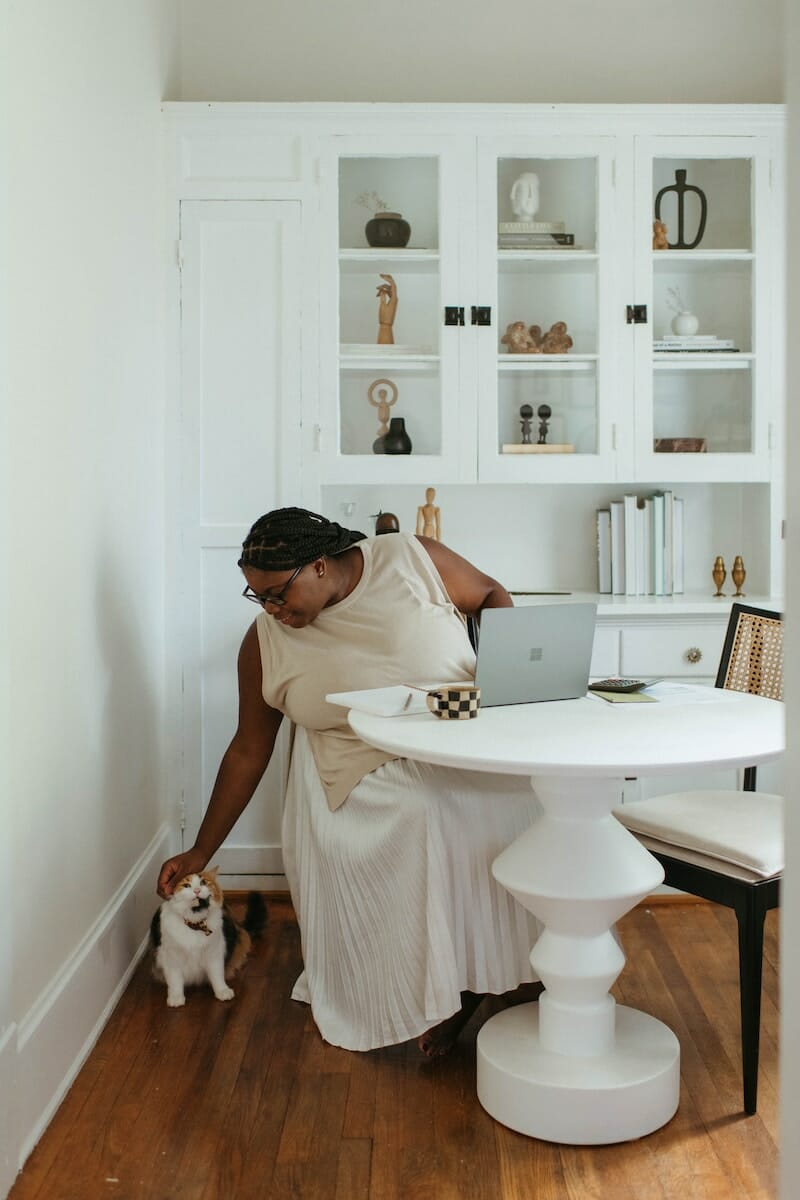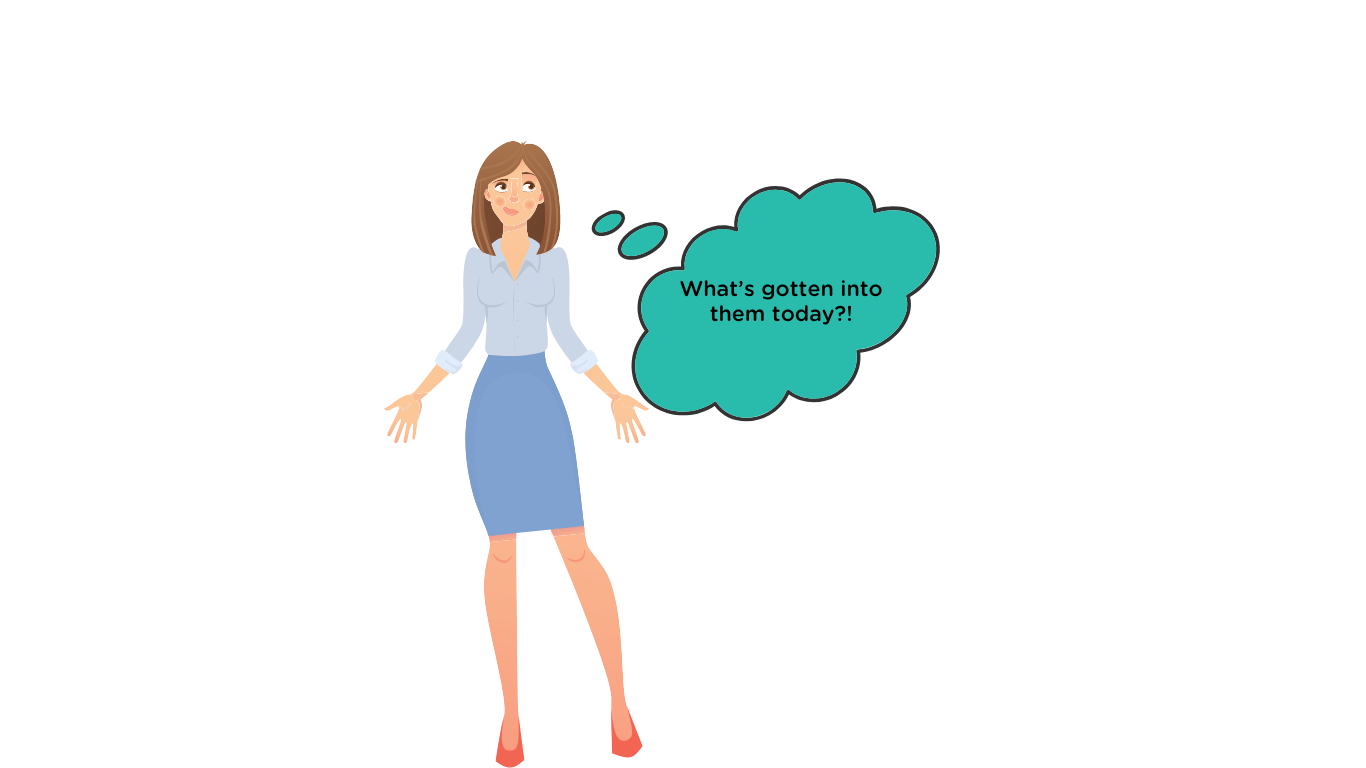One in five women struggles with mental health issues like anxiety and depression. According to the World Happiness Report 2021, 28% of respondents reported experiencing burnout.
Many reasons for seeking or avoiding help are universal to all populations, but there is a definite gender disparity in how women tend to their emotional wellness. Women – who fulfill the roles of partner, daughter, parent, caregiver, employee, and student – statistically perform the majority of household and emotional labor on top of career and childrearing responsibilities, and often suffer as a result of putting the family’s needs ahead of their own across a long period of time.
The Center for Anxiety & Women’s Emotional Wellness notes that clients exhibit common behaviors such as setting high and unequal expectations for themselves, self-criticism, negative self-talk and perfectionism, and “avoiding stressors that make them feel overwhelmed or worried. An ongoing pattern of these behaviors can result in feelings of anxiety, depression, frustration, disappointment, helplessness, despair, or grief.” Feelings of fatigue, burnout, being unseen, undervalued, and unappreciated, emptiness and numbness, and physical ailments from stress are commonly reported.
Women avoid or delay seeking help for a variety of reasons, including but not limited to:
- they feel they should be able to “deal with it” on their own
- being perceived as weak, incompetent, and/or attention-seeking
- they feel they should be grateful for what they have; “it’s not that bad”
- they cannot fit therapy into their busy schedule
- they feel guilty for taking time to themselves
- their partner/family/culture/religion has a negative attitude about seeking outside help
- they do not think therapy can/will help with their problems
- depression, anxiety, and other mental health issues prevent them from taking the first step
Women’s mental health can be affected by problems within their partnership, immediate, and extended families, as well as work, school, finances, childrearing, household responsibilities, physical health problems, stress, having no support system, poverty, racism, discrimination, and many other factors. Additionally, women are scrutinized for their appearance, weight, body type, and skin color on another level. Women are more likely to be diagnosed with depression and eating disorders than men, and they attempt suicide more often than men (women are more likely to survive attempts due to selecting less lethal means.)
Women’s biology shapes a great deal of their life experiences. Hormones impact the brain and every bodily system, and they fluctuate consistently throughout the lifespan. Stress, pregnancy, breastfeeding, and menopause
- and all the complications that can occur with each one – all cause hormonal surges or imbalance, which affects women’s mental and physical health. Reproductive issues unique to women include menstruation, unplanned pregnancy, contraception, pregnancy loss, post-partum depression, motherhood, infertility, abortion, adoption, and sexually transmitted infections. Additionally, within the US and in many parts of the world, an unwanted pregnancy cannot be terminated, even if the mother’s life is in danger. The inconsistency of women’s reproductive human rights around the world is a cause of stress and hardship for many.
When women’s issues go ignored and untreated, they are at increased risk of chronic pain, heart disease, fatal heart attacks, substance abuse, stroke, diabetes, and other chronic illnesses. The body-mind connection is important to note: mental health affects physical health and vice versa. This vicious cycle can have serious consequences and greatly reduce quality of life.





Leave a Reply